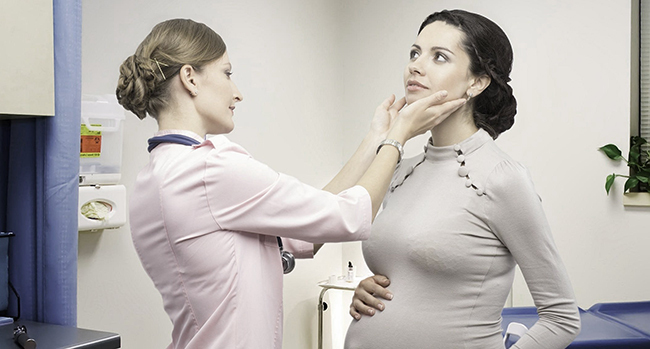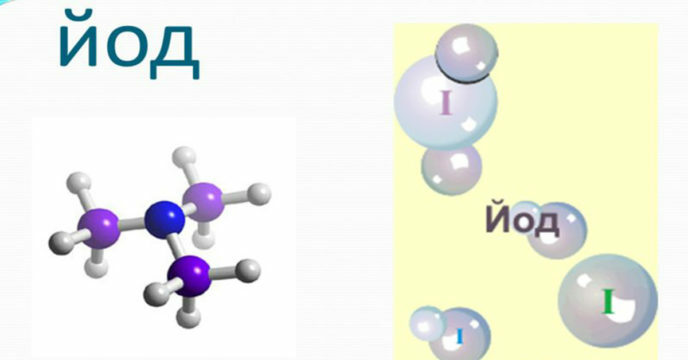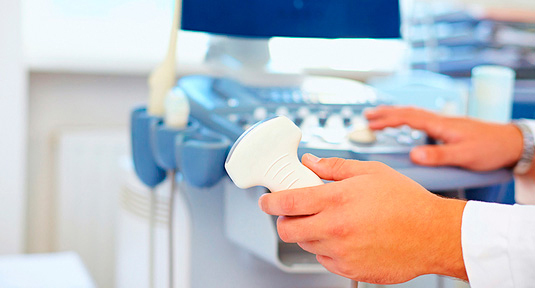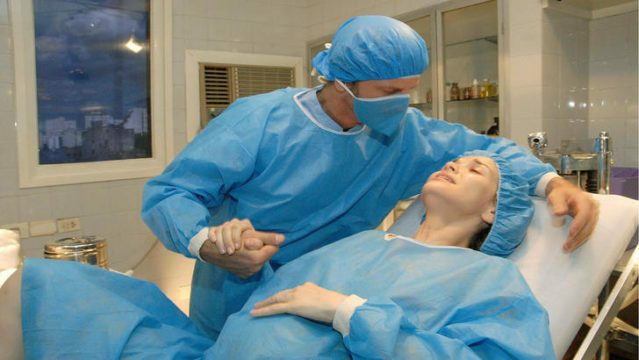Hypothyroidism is characterized by inadequate hormone production by the thyroid gland. Such pathology very often causes infertility. Therefore, hypothyroidism and pregnancy in most cases are considered incompatible. But nevertheless there are rare cases when subclinical hypothyroidism develops during pregnancy. Its main feature is that the symptoms of the pathology are blurred. The disease can have serious negative consequences for the child's future. The thing is that if hormones in the mother's body are produced in insufficient quantities, then this leads to a delay in the development of the fetus. The consequences for the baby are expressed in the fact that he can be born mentally retarded or with an underdeveloped nervous system.

Features of the disease
Subclinical hypothyroidism in pregnant women differs not in the severity of symptoms. Sometimes they may be completely absent. Minor deterioration of health, as a rule, due to the very state of pregnancy, during which the load on the body of a woman always increases, which leads to periodic disruptions in the work of certain organs.
Hypothyroidism during pregnancy can manifest itself with the following symptoms:
- Constant state of apathy, despite the desired pregnancy;
- Increased fatigue, arising regardless of mental and physical activity;
- Constant drowsiness associated with the slowdown of all physiological processes;
- Joint pain, most often in carpal;
- Changing the timbre of the voice and the appearance of hoarseness;
- Periodic attacks of nausea, which does not reach vomiting;
- Edema, which are associated with metabolic disorders;
- Hair loss and hair loss in large quantities;
- Significant weight gain without objective reasons;
- Frequent colds, due to deterioration of immunity;
- Problems with digestion, which are expressed by permanent constipation.
It is noteworthy that the listed signs of the disease manifest gradually, so a woman during pregnancy, you need, above all, to independently monitor your condition.
Causes of pathology
The causes of hypothyroidism during pregnancy are the same as those of other people. They are always associated with a lack of hormones, which is called:
- Previously performed operations on the thyroid gland;
- Development of tumor formations and nodes in the tissues of the organ;
- Irradiation with radioactive iodine, which was used to treat other diseases;
- Inflammation of the thyroid gland;
- Genetic predisposition.

Among the exceptional reasons that cause the development of hypothyroidism during pregnancy, it can be noted the deficiency of iodine in the body of a woman. The fact is that when a child is born in the body of a future mother, physiological changes occur that affect the thyroid gland. In pregnancy, for the proper functioning of the woman's body and full development of the fetus, more thyroid hormones are required, which the body produces. But to increase the production of hormones requires more iodine. If this element enters the body in insufficient quantities, then it becomes the cause of hypothyroidism.
Diagnosis
Pregnancy in hypothyroidism often occurs without obvious symptoms. Therefore, especially in the initial period of pregnancy, it is rather difficult to diagnose pathology. After a woman drew the doctor's attention to the deterioration of well-being, a patient's anamnesis is necessarily drawn up. Information on the presence of thyroid gland diseases and the methods used for treatment will be collected. Also, the doctor will be interested in whether the operation was performed on the organ and with what diagnosis they were connected. For diagnosis, it is necessary to take into account information about whether there were pathologies of the thyroid gland from relatives.
The next diagnostic stage is a physical examination. It consists in examining a pregnant woman and determining the size of the thyroid gland. In addition, the general physical condition of the woman is assessed.
The greatest importance for the diagnosis of hypothyroidism in pregnancy are laboratory studies. A hormonal analysis is necessarily carried out, which reflects the ratio of hormones in the blood. If there is insufficient production of thyroid hormones in the blood, there will be an increase in the level of TSH.Today, doctors often recommend testing for hormones to women during pregnancy planning.
In addition, other studies have been performed to diagnose the disease:
- General blood test.
- Determination of the amount of iodine associated with proteins.
- Blood Coagulation Analysis.
- Study on blood biochemistry.

In the diagnosis of hypothyroidism, instrumental studies are also shown. The ultrasound of the thyroid gland and heart are necessarily performed. This makes it possible to exclude the presence of other diseases with similar symptoms and to evaluate the structure of the thyroid gland tissues. To detect possible malfunctions in the heart rhythms, an ECG is performed.
Consequences of
Subclinical hypothyroidism, which develops in pregnant women, leads to increased cholesterol in the blood, and, consequently, can provoke atherosclerosis and other pathologies of the cardiovascular system. The blockage of blood vessels and the violation of blood flow can have negative consequences for fetal development, as the placenta nutrition is disturbed.
Especially dangerous is hidden hypothyroidism in the early stages of pregnancy. This is due to the fact that in the period up to 12 weeks, all the organs and systems in the future child are formed. Since his own thyroid gland is only being formed, the body of the future baby is completely dependent on the hormones produced in the mother's body. Therefore, the consequences of hypothyroidism can be manifested by the incorrect formation of the central nervous, digestive, cardiovascular system, as well as other vital organs.
Other possible complications of hypothyroidism in pregnancy:
- Birth of a child with a critically low weight;
- Premature delivery;
- Development of severe toxemia in the first trimester, which can provoke miscarriage;
- Birth of a dead child;
- Congenital hypothyroidism in the baby;
- Severe bleeding during labor.

Very often, women experience postpartum hypothyroidism, which is associated with the fact that the thyroid gland does not come quickly to normal after childbirth. This pathology, often, is temporary and after a while hormonal balance is restored in 80% of women.
Treatment and prevention of
The main goal of treating hypothyroidism in pregnant women is to eliminate the consequences for fetal malformation. In the early term, an artificial termination of pregnancy is recommended. If for any reason this is not possible or the woman insists on childbirth, then substitution therapy is mandatory, which eliminates the hormone deficiency. You should be aware of the side effects of hormonal drugs. They are often expressed in loss of appetite or arrhythmia. But these symptoms do not carry such a danger as a hormone deficiency. Therefore, if the pregnant woman after the diagnosis has been made a decision to give birth, then she must strictly follow the doctor's recommendations.
Many thyroid diseases develop against a background of severe nervous overstrain, and hypothyroidism is no exception. Therefore, during pregnancy, you must always monitor your emotional state. The important thing is always in a calm and balanced state. Great value is played also by high-grade rest which should be combined with moderate loadings and pastime on fresh air.
To prevent the development of pathology, you need to maintain a proper and balanced diet. It is necessary to watch for sufficient intake of iodine in the body. It is necessary to include in your daily diet products with a high content of iodine, in particular sea kale and seafood.



